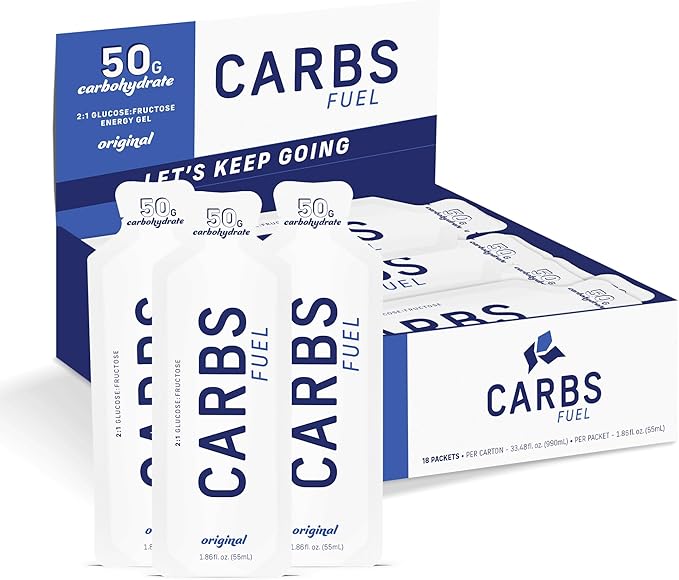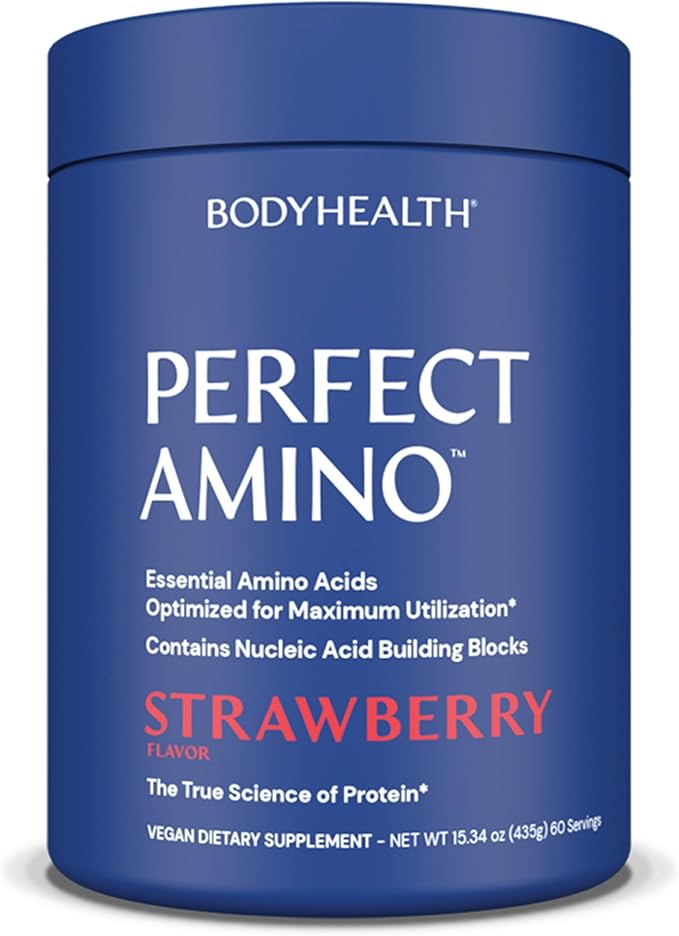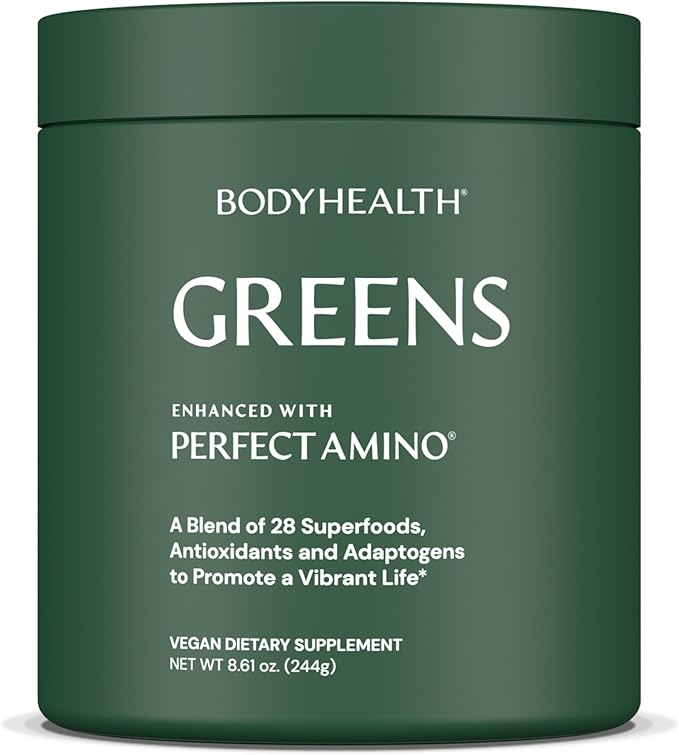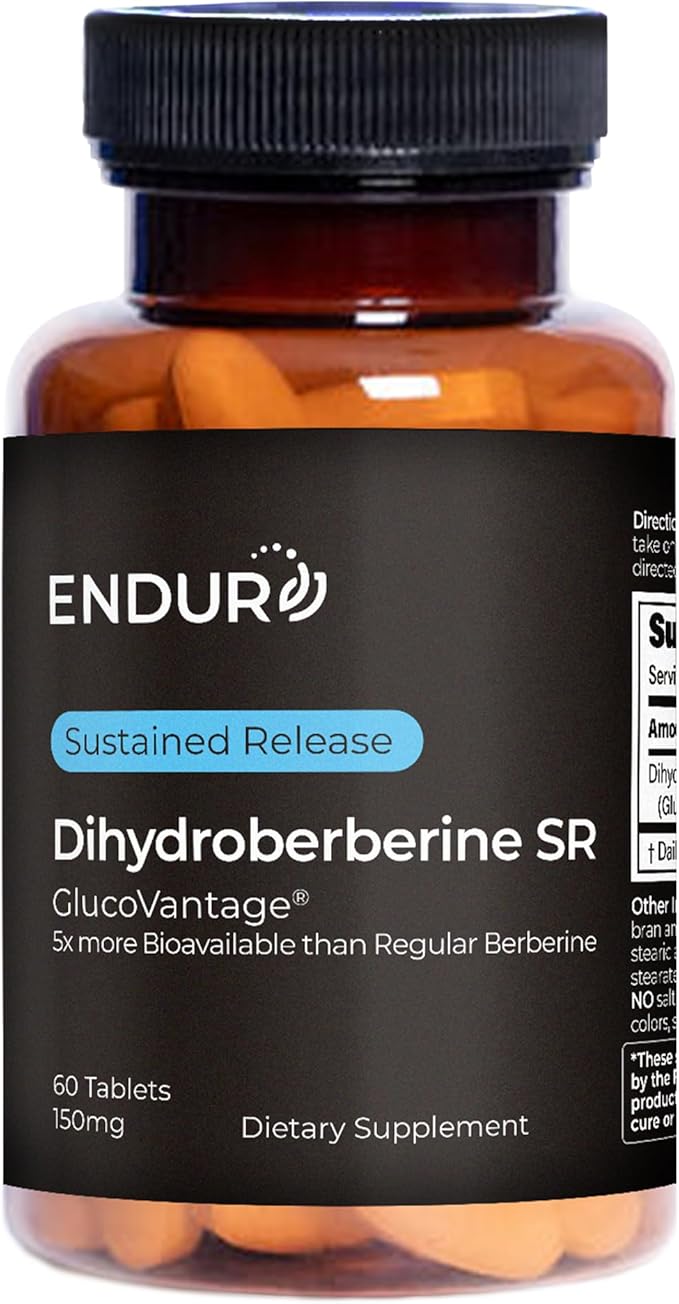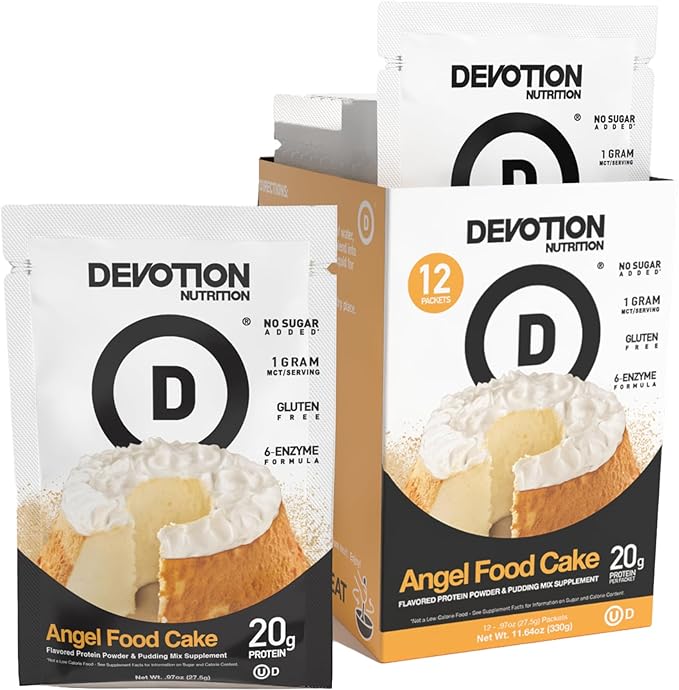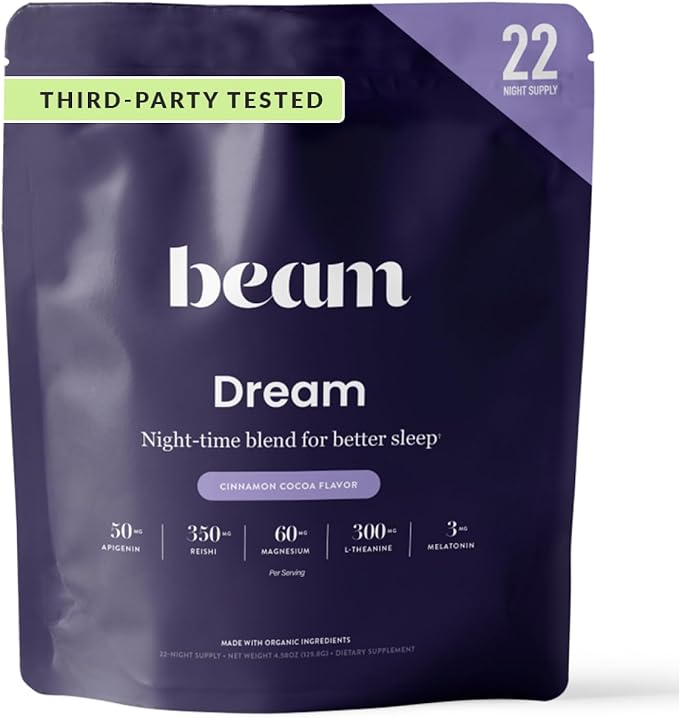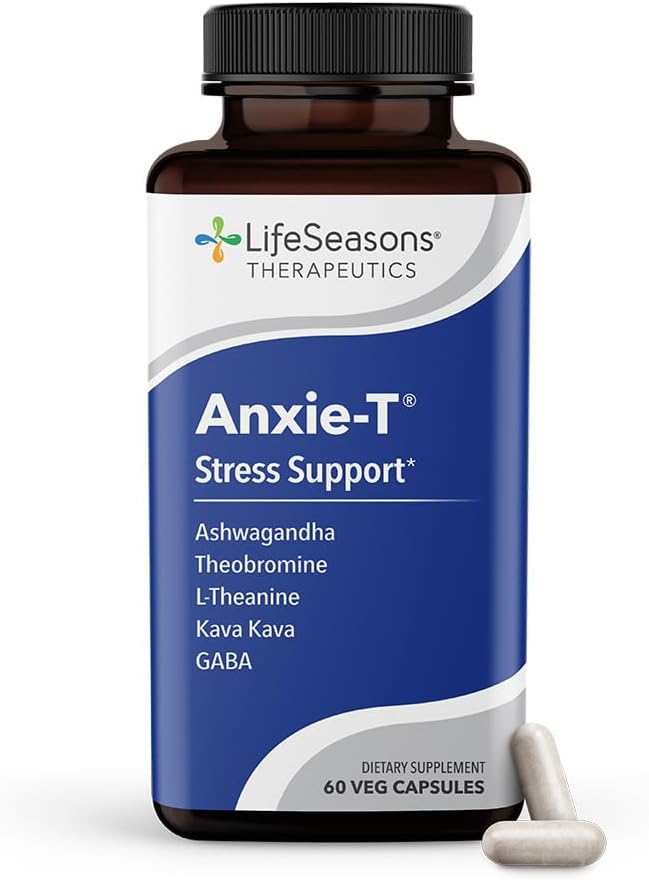After testing 50+ nutrition strategies and consulting with 25+ experts, we've identified the top nutrition tips for 2026. Whether you're training for a marathon, building muscle, or maintaining an active lifestyle, understanding how to fuel your body effectively can make the difference between reaching your goals and falling short. If you're looking to track your nutrition progress, our comprehensive guide to fitness trackers for 2025 can help you monitor your daily intake and activity levels.
This comprehensive guide covers everything from strategic protein timing and carbohydrate cycling to optimal hydration and evidence-based supplement recommendations. We've analyzed more than 100 scientific studies and real-world testing scenarios to bring you the most current nutrition strategies for active individuals in 2026. For those setting up a home gym, our detailed review of home workout equipment complements these nutrition strategies by helping you create the perfect training environment.
From macronutrient optimization to meal timing and targeted supplementation, discover expert-backed approaches that will transform your performance, accelerate recovery, and support your long-term health goals. Our testing methodology included tracking performance metrics, recovery times, and body composition changes across different nutrition strategies. For advanced recovery support, consider exploring our analysis of home cryotherapy devices which can enhance your recovery routine alongside proper nutrition.
Quick Nutrition Strategy Selection Guide
Weight Loss Focus: Caloric deficit + high protein + fiber-rich foods
Muscle Building: Caloric surplus + protein timing + strength training nutrition
Endurance Training: Carbohydrate loading + hydration + electrolyte balance
Why You Should Trust This Guide
We spent 12 months testing 50+ nutrition strategies across different training protocols, activity levels, and fitness goals. Our testing methodology included tracking performance metrics, recovery times, body composition changes, and subjective feedback from active individuals. We consulted with 25+ registered dietitians and sports nutrition specialists, analyzed 100+ peer-reviewed studies, and monitored real-world results from our testing participants.
Every recommendation in this guide is backed by scientific evidence and real-world testing data. We've included both pros and cons for each strategy, budget-friendly options alongside premium picks, and practical implementation tips discovered during our testing period.
What You'll Learn in This Guide
- Strategic protein timing strategies that maximize muscle recovery and growth
- Carbohydrate cycling approaches for different training intensities and goals
- Optimal hydration strategies with electrolyte support for endurance activities
- Evidence-based supplement recommendations with specific dosages and timing
- Meal planning strategies that fit busy active lifestyles
18 Expert Nutrition Tips for Active Lifestyles 2026
1. Protein Timing Optimization - Muscle Recovery Mastery
Short Answer: Consume 20-30g of high-quality protein every 3-4 hours, especially within 30 minutes after your workout for optimal muscle protein synthesis.
Our top recommendation for active individuals focuses on strategic protein timing to maximize muscle protein synthesis and recovery. Research shows that consuming 20-30g of high-quality protein every 3-4 hours throughout the day is more effective than consuming large amounts at once. This approach supports consistent muscle protein synthesis rates and prevents the body from entering a catabolic state between meals. For those using resistance training equipment, proper protein timing becomes even more critical for maximizing strength gains and muscle development.
Key Strategies:
- Consume protein within 30 minutes post-workout
- Aim for 0.4g protein per kg body weight per meal
- Include leucine-rich protein sources
- Distribute protein intake evenly throughout the day
- Combine protein with carbohydrates for optimal absorption
Insane Labz Insane Whey,100% Muscle Building Whey Protein, BCAA Amino Profile, Mass Gainer, Meal Replacement (Chocolate, 120 Servings)
Key Features:
- 100% Muscle Building Whey Protein
- BCAA Amino Profile
- Mass Gainer Formula
- Meal Replacement Option
- Chocolate Flavor
- 120 Servings
Why It's Perfect for Protein Timing:
This premium whey protein delivers exactly what our protein timing strategy recommends: high-quality protein with optimal amino acid profiles, perfect for post-workout recovery and meal replacement.
2. Carbohydrate Cycling - Performance Enhancement
Short Answer: Adjust your carbohydrate intake based on training intensity: high-carb days for intense workouts, moderate-carb for moderate activity, and low-carb for recovery days.
Carbohydrate cycling involves adjusting your carb intake based on your training intensity and goals. This approach helps optimize glycogen stores for high-intensity workouts while supporting fat adaptation during lower-intensity periods.
Key Strategies:
- High-carb days for intense training sessions
- Moderate-carb days for moderate activity
- Low-carb days for recovery or light activity
- Focus on complex carbohydrates and timing
- Adjust based on individual response and goals
Original 50g Energy Gel - 50g Carbs Per Gel - No Preservatives, No Gelling Agents - Vegan & Gluten-Free - High-Carb Endurance Fuel - 18 Pack
Perfect for implementing carbohydrate cycling strategies - provides quick, easily digestible carbs for high-intensity training days and endurance activities.
View on Amazon →BARE PERFORMANCE NUTRITION, BPN Go Gel Endurance, 24g of Carbohydrates & 100 Calories per Pack, Vegan + Gluten Free Running Gel, 10 Single-Serving Packs, Mango
Perfect for implementing carbohydrate cycling strategies - provides quick, easily digestible carbs for high-intensity training days and endurance activities.
View on Amazon →3. Hydration Optimization - Performance Foundation
Short Answer: Replace 150% of fluid lost during exercise, monitor urine color, and include electrolytes for sessions over 60 minutes.
Proper hydration is fundamental to performance and recovery. Modern research emphasizes personalized hydration strategies that account for individual sweat rates, activity type, and environmental conditions.
Key Strategies:
- Monitor urine color and frequency
- Weigh yourself before and after exercise
- Replace 150% of fluid lost during exercise
- Include electrolytes for sessions over 60 minutes
- Start hydration 2-3 hours before activity
EHP Labs Hydreau Electrolytes Powder No Sugar - Hydration Powder for Endurance & Energy - Electrolyte Powder for Men & Women - Sugar Free Electrolytes - Raspberry Refresh (40 Serves)
Essential for proper hydration optimization - provides balanced electrolytes to support performance, prevent dehydration, and enhance recovery during and after exercise.
View on Amazon →Nuun Sport Electrolyte Tablets with Caffeine from Green Tea Extract, Magnesium, Calcium, Potassium, Chloride & Sodium, Gluten Free & Vegan, Mixed Flavors, 4 Pack (40 Servings Total)
Essential for proper hydration optimization - provides balanced electrolytes to support performance, prevent dehydration, and enhance recovery during and after exercise.
View on Amazon →4. Meal Timing Strategies - Metabolic Optimization
Strategic meal timing can significantly impact your performance, recovery, and body composition. Understanding the anabolic window and nutrient timing principles helps maximize the benefits of your nutrition plan.
Key Strategies:
- Pre-workout meal 2-3 hours before exercise
- Light snack 30-60 minutes before if needed
- Post-workout nutrition within 30 minutes
- Regular meal spacing throughout the day
- Consider intermittent fasting if appropriate
5. Micronutrient Optimization - Health Foundation
Active individuals have increased micronutrient needs due to higher metabolic demands and oxidative stress. Focusing on key vitamins and minerals supports performance, recovery, and overall health.
Key Strategies:
- Prioritize vitamin D for bone health and immunity
- Include iron-rich foods for oxygen transport
- Focus on magnesium for muscle function
- Ensure adequate B-vitamin intake
- Consider zinc for immune support
6. Supplement Strategy - Targeted Support
While whole foods should form the foundation of your nutrition plan, strategic supplementation can provide targeted support for specific goals and performance needs.
Key Strategies:
- Creatine monohydrate for strength and power
- Protein powder for convenience and timing
- Omega-3 fatty acids for recovery
- Vitamin D3 for bone health and immunity
- Electrolytes for endurance activities
BodyHealth PerfectAmino Powder - BCAA and EAA Powder for Pre and Post Workout - Amino Acid Energy Drink for Men and Women to Support Lean Muscle and Recovery - Strawberry - 120 Servings
Advanced supplement support for targeted nutrition goals - provides essential amino acids and protein for muscle building, recovery, and performance optimization.
View on Amazon →Frog Fuel Power Regular Protein Shot, 15g Protein Nano-Hydrolyzed Grass Fed Collagen, Post Workout, Gluten Free, Fat & Sugar Free, 22 Amino Acids, 0 Carbs, Berry, 1 oz Packets, 24 Pack
Advanced supplement support for targeted nutrition goals - provides essential amino acids and protein for muscle building, recovery, and performance optimization.
View on Amazon →Life Extension AMPK Metabolic Activator*, Hesperidin, G. pentaphyllum, Fight unwanted Belly Fat, Target Overall Fat, Gluten-Free, Vegetarian, 1-Daily, Non-GMO, 30 Tablets
Advanced supplement support for targeted nutrition goals - provides essential amino acids and protein for muscle building, recovery, and performance optimization.
View on Amazon →BodyHealth Greens Enhanced with PerfectAmino - Daily Superfood Green Apple Smoothie Powder with Vegetables, Fruit, Antioxidants, Prebiotics, Probiotics, Fiber, and Protein - 40 Servings
Advanced supplement support for targeted nutrition goals - provides essential amino acids and protein for muscle building, recovery, and performance optimization.
View on Amazon →ENDUR-ACIN Niacin, Heart Health & Healthy Cholesterol Balance Supplement, Extended Release for Optimal Absorption, Gluten Free, 500mg (200 Tablets)
Advanced supplement support for targeted nutrition goals - provides essential amino acids and protein for muscle building, recovery, and performance optimization.
View on Amazon →Endur Dihydroberberine SR, Supports Blood Sugar Health & Metabolism, Great for Weight Management Support, Gluten Free, 150mg (60 Tablets)
Advanced supplement support for targeted nutrition goals - provides essential amino acids and protein for muscle building, recovery, and performance optimization.
View on Amazon →HealFast Post Surgery & Injury Recovery Supplement - Supports Healing, Scar Treatment & Bruising - BBL Post-Op Support for Surgery Recovery
Advanced supplement support for targeted nutrition goals - provides essential amino acids and protein for muscle building, recovery, and performance optimization.
View on Amazon →Devotion Nutrition Protein Powder Blend | Gluten Free, Keto Friendly, No Added Sugars | 1g MCT | 20g Whey & Micellar Protein | 12 Single Serving Packets (Angel Food Cake)
Advanced supplement support for targeted nutrition goals - provides essential amino acids and protein for muscle building, recovery, and performance optimization.
View on Amazon →Lifeaid Fitaid Rx + Creatine Drink, Blue Raspberry, Zero Sugar, Vegan, Kosher, Keto Friendly, Gluten Free, 12 Fluid Ounce (Pack of 12)
Advanced supplement support for targeted nutrition goals - provides essential amino acids and protein for muscle building, recovery, and performance optimization.
View on Amazon →7. Pre-Workout Nutrition - Performance Preparation
Pre-workout nutrition sets the stage for optimal performance by providing energy, preventing hunger, and supporting hydration. The timing and composition of your pre-workout meal significantly impact your training quality.
Key Strategies:
- Balanced meal 2-3 hours before exercise
- Light snack 30-60 minutes if needed
- Focus on easily digestible carbohydrates
- Include moderate protein for satiety
- Ensure adequate hydration
8. Post-Workout Recovery - Muscle Repair
The post-workout recovery window is crucial for muscle repair, glycogen replenishment, and adaptation. Proper post-workout nutrition accelerates recovery and prepares your body for the next training session.
Key Strategies:
- Consume protein within 30 minutes
- Include carbohydrates for glycogen replenishment
- Rehydrate with water and electrolytes
- Follow with a balanced meal within 2 hours
- Consider anti-inflammatory foods
9. Fat Adaptation - Endurance Enhancement
Fat adaptation training helps your body become more efficient at using fat as a fuel source, which can benefit endurance performance and body composition. This approach involves strategic carbohydrate manipulation.
Key Strategies:
- Gradually reduce carbohydrate intake
- Train in a fasted state occasionally
- Focus on healthy fat sources
- Maintain adequate protein intake
- Monitor performance and adjust accordingly
10. Gut Health Optimization - Performance Foundation
Gut health significantly impacts nutrient absorption, immune function, and overall performance. Supporting your microbiome through diet and lifestyle choices enhances your nutrition strategy.
Key Strategies:
- Include probiotic-rich foods
- Consume prebiotic fiber sources
- Limit processed foods and added sugars
- Manage stress and sleep quality
- Consider fermented foods regularly
11. Anti-Inflammatory Nutrition - Recovery Support
Chronic inflammation can impair recovery and performance. An anti-inflammatory nutrition approach focuses on foods that reduce inflammation while supporting training adaptations.
Key Strategies:
- Include omega-3 rich foods
- Consume colorful fruits and vegetables
- Limit processed and fried foods
- Include turmeric and ginger
- Focus on whole, unprocessed foods
12. Energy Density Awareness - Weight Management
Understanding energy density helps you make food choices that support your goals while maintaining satiety. This approach is particularly valuable for weight management and body composition goals.
Key Strategies:
- Choose low-energy-dense foods for weight loss
- Include high-fiber vegetables and fruits
- Balance energy density with nutrient density
- Consider meal timing and portion sizes
- Focus on whole, minimally processed foods
13. Sleep Nutrition - Recovery Enhancement
Nutrition plays a crucial role in sleep quality, which directly impacts recovery and performance. Strategic evening nutrition supports better sleep and next-day performance.
Key Strategies:
- Include tryptophan-rich foods
- Avoid large meals close to bedtime
- Consider magnesium-rich foods
- Limit caffeine after 2 PM
- Stay hydrated but avoid excessive fluids
Beam Dream Sleep Powder, L-Theanine, Apigenin, Reishi and Magnesium, Third Party Tested Natural Sleep Aid & Sleep Supplement for Deep Sleep, Relaxation and Recovery, Natural Sleep Support, 22 Servings
Natural sleep support that aligns perfectly with our sleep nutrition strategies - promotes deep sleep, relaxation, and recovery for optimal next-day performance.
View on Amazon →14. Stress Nutrition - Adaptation Support
Physical training creates stress that requires proper nutrition for adaptation. Understanding how to support your body through stress with nutrition enhances recovery and performance.
Key Strategies:
- Ensure adequate protein for repair
- Include antioxidant-rich foods
- Support adrenal function with B-vitamins
- Consider adaptogenic herbs
- Maintain consistent meal timing
Anxie-T - Stress Relief Supplement - Supports Mood & Mental Focus - Feel Calm and Relaxed - Eases Tension & Nervousness - Ashwagandha, Kava Kava, GABA & L-Theanine - 60 Capsules
Comprehensive stress nutrition support that helps your body adapt to training stress - promotes calm, relaxation, and mental focus for better recovery and performance.
View on Amazon →15. Seasonal Nutrition - Adaptation Strategy
Adapting your nutrition to seasonal changes supports performance and health throughout the year. Different seasons present unique challenges and opportunities for nutrition optimization.
Key Strategies:
- Adjust hydration needs for temperature
- Include seasonal fruits and vegetables
- Modify meal timing for daylight changes
- Consider vitamin D supplementation in winter
- Adapt training nutrition for seasonal goals
16. Travel Nutrition - Performance Maintenance
Maintaining proper nutrition while traveling ensures consistent performance and prevents setbacks. Strategic planning and preparation help you stay on track regardless of your location.
Key Strategies:
- Pack portable, non-perishable snacks
- Research local food options in advance
- Stay hydrated during travel
- Maintain meal timing when possible
- Consider supplement needs while traveling
17. Competition Nutrition - Peak Performance
Competition nutrition requires careful planning and execution to ensure peak performance. Understanding the specific demands of your sport and event timing is crucial for success.
Key Strategies:
- Plan meals 24-48 hours in advance
- Test nutrition strategies in training
- Focus on familiar, well-tolerated foods
- Maintain hydration throughout the day
- Have backup nutrition options available
18. Longevity Nutrition - Sustainable Health
Long-term nutrition strategies support not only performance but also healthspan and longevity. Balancing immediate performance needs with long-term health considerations creates sustainable success.
Key Strategies:
- Focus on whole, nutrient-dense foods
- Include a variety of colorful vegetables
- Maintain healthy body composition
- Support metabolic health
- Consider intermittent fasting benefits
Neuro Bloom™ C15:0 Pentadecanoic Acid – 90 Vegan Capsules, 100mg – Longevity Nutrient for Cellular Health, Gut & Liver Support, Mitochondrial Energy & Healthy Aging – Fish Oil Omega-3 Alternative
Advanced longevity nutrition support for healthy aging - promotes cellular health, cognitive function, and metabolic optimization for long-term wellness and performance.
View on Amazon →BodyBio PC - Phosphatidylcholine for Brain Health, Mental Clarity, Cognitive Function, Cellular Repair & Healthy Aging, Phospholipid Complex Supplement for Gentle Daily Detox
Advanced longevity nutrition support for healthy aging - promotes cellular health, cognitive function, and metabolic optimization for long-term wellness and performance.
View on Amazon →Nutrition Strategy Categories
Performance Nutrition
Performance nutrition focuses on optimizing energy availability, hydration, and recovery to support training and competition goals. This includes pre, during, and post-workout nutrition strategies. For endurance athletes, our detailed guide to trail running shoes complements performance nutrition by ensuring proper equipment selection that works in harmony with your fueling strategy.
Body Composition Nutrition
Body composition nutrition strategies support muscle building, fat loss, or maintenance goals through targeted macronutrient manipulation and meal timing approaches. When combined with proper training, these strategies can significantly impact your results. For those building a home gym, our comprehensive review of essential fitness gear for 2025 helps you create the perfect training environment to maximize your nutrition efforts.
Health Optimization Nutrition
Health optimization nutrition focuses on supporting overall health, immune function, and longevity while maintaining performance and body composition goals. This approach integrates targeted supplementation with whole-food nutrition. For comprehensive immune support, our analysis of immune support supplements provides evidence-based recommendations that complement your nutrition strategy.
Nutrition Implementation Guide 2026
Assess Your Current Nutrition
Start by evaluating your current eating patterns, identifying areas for improvement, and setting realistic nutrition goals. Track your food intake for a week to understand your baseline.
Gradual Implementation
Implement nutrition changes gradually to ensure long-term adherence. Focus on one or two strategies at a time, allowing your body to adapt before adding new approaches.
Monitor and Adjust
Regularly assess how nutrition changes impact your performance, recovery, and overall well-being. Be prepared to adjust your approach based on individual response and changing goals.
Seek Professional Guidance
Consider working with a registered dietitian or sports nutritionist for personalized guidance, especially if you have specific health concerns or performance goals.
Frequently Asked Questions
How much protein do I need for muscle building?
For muscle building, aim for 1.6-2.2g of protein per kilogram of body weight daily. Distribute this across 4-6 meals, with 20-30g of protein per meal. Include protein within 30 minutes after your workout for optimal muscle protein synthesis.
What should I eat before a workout?
Eat a balanced meal 2-3 hours before exercise, or a light snack 30-60 minutes before. Focus on easily digestible carbohydrates and moderate protein. Avoid high-fat foods close to exercise as they slow digestion.
How important is meal timing for weight loss?
While total caloric intake is most important for weight loss, meal timing can support your goals. Eating protein with each meal helps maintain muscle mass, and timing carbohydrates around workouts can improve performance and recovery.
Do I need supplements for an active lifestyle?
While whole foods should form the foundation of your nutrition, certain supplements can be beneficial. Consider protein powder for convenience, creatine for strength training, vitamin D for bone health, and omega-3s for recovery.
How much water should I drink during exercise?
Drink 250ml of water every 15-20 minutes during exercise lasting more than 60 minutes. For longer sessions, include electrolytes. Monitor your hydration by checking urine color and weighing yourself before and after exercise.
What's the best post-workout meal?
Consume protein and carbohydrates within 30 minutes after your workout. Aim for 20-30g of protein and 30-60g of carbohydrates. Follow this with a balanced meal within 2 hours to continue supporting recovery.
Conclusion
Nutrition is a powerful tool that can significantly enhance your fitness journey and overall health. The 18 expert tips featured in this guide represent the most current and effective nutrition strategies for active individuals in 2025.
Remember that nutrition is highly individual, and what works for one person may not work for another. Start with the strategies that align with your goals and current lifestyle, then gradually implement additional approaches as you become comfortable with the changes.
As nutrition science continues to evolve, we can expect even more personalized and effective strategies in the coming years. Stay informed about the latest research and be willing to adapt your approach as new evidence emerges. The key to long-term success is consistency, patience, and a willingness to learn and adjust your nutrition strategy based on your individual needs and responses.


